Media Mash Ups: Business Model, Experimental, Experiential
Okay, I’ll be honest. Even though I had something more interesting planned out to do for a mash up, I’m too lazy to refilm what I had before (the audio and video got de-synchronized). iSight cameras don’t really do much justice for a professional video person. But moving along…
Since I missed the last two weeks’ mash ups, I’m going to do those right now as well as the term we were assigned this week. Fun right? First up, business model.
Business model
According to the Wikipedia article, a “business model is a frame work for creating economic, social, and/or other forms of value.” Even though it’s a term that describes a broad range of aspects of a business such as purpose, strategies, practices, and policies, the number one thought that I have when I hear that term is “A business model is a term to describe how a business makes money.”
For an example, I’m going to use some public knowledge about some ways a certain game company might make money. I’ve worked with NCsoft in the past (when they had an office in Austin), and they’re well known for Massively Multiplayer Online Role Playing Games such as City of Heroes and Guild Wars. They have several games under their company and different ways to make money off of those games.
Tabula Rasa (back when it was still running), City of Heroes and the Lineage games make money the same way World of Warcraft does: monthly subscriptions. You pay a certain amount of money, typically $10-$20 every month for a high quality video game to play with other people around the world. The obvious advantage to this is a monthly payment.
Another way that appeals more to the cheaper audiences around the world has been shown in Guild Wars is the basic “buy once, play online for free” way to make money. I can’t personally find a reasonable advantage to this in money terms but it does appeal to people who don’t want to pay subscription fees.
The cheapest way for a consumer to play NCsoft games is to play them absolutely free, which Dungeon Runners, and Exteel allows you to do. The way NCsoft makes money off of these games is that these games offer “bonus” features. In Dungeon Runners, if you pay $20 (if I remember correctly), you get membership status, which gives you a bunch of bonus stuff in-game such as a passive experience boost ability. In Exteel, you pay for a in-game currency that allows you to buy “NCcoin” items that are typically either cooler-looking or better in quality and gameplay.
But how business models relate to Media Xperiments… is probably how we’re trying to work out a overhaul of the system in the media industry, starting out with the next generation.
Experimental
The three definitions for this adjective my Dictionary application on this iMac gives me are:
-(of a work of art or an artistic technique) involving a radically new and innovative style: experimental music
-of or relating to scientific experiments: experimental results
-(archaic) based on experience as opposed to authority or conjecture: an experimental knowledge of God
Basically, my idea of the term experimental is simple. If you’re doing something “experimental,” you’re trying to do something that hasn’t been done before, which comes back around to Media Xperiments. We’re trying to do something that hasn’t been done before and we’re trying to receive positive results from this.
Experiential
adjective
involving or based on experience and observation: the experiential learning associated with employment
I think this is the best way for myself to learn and am grateful I’m getting the opportunities to do that in the media industries as I work with Media Xperiments (and other outlets). Experiential learning is mostly a learn as you go thing.
Other then that, there’s not really much I can say about this term.
